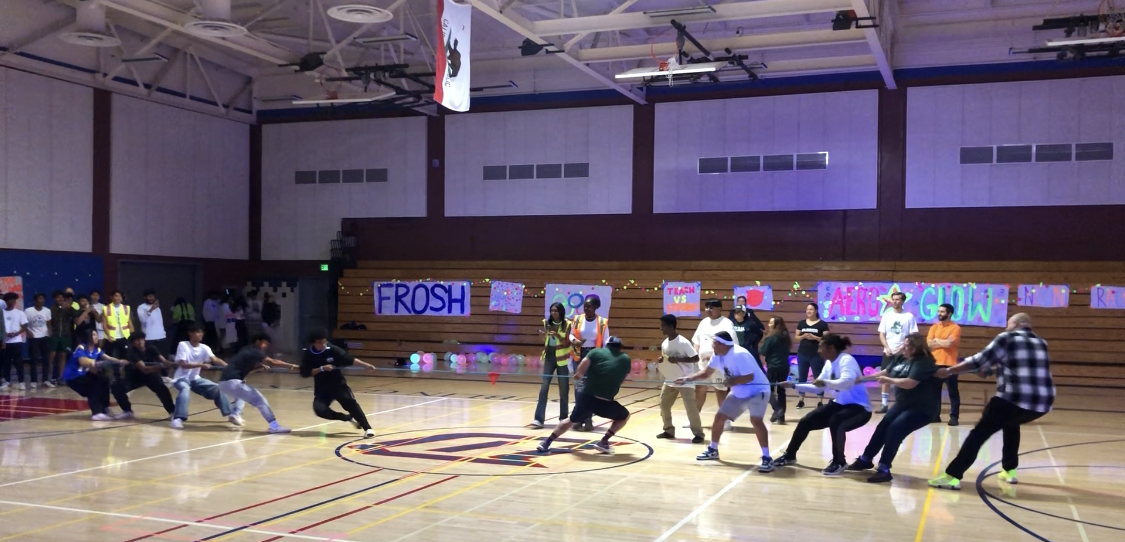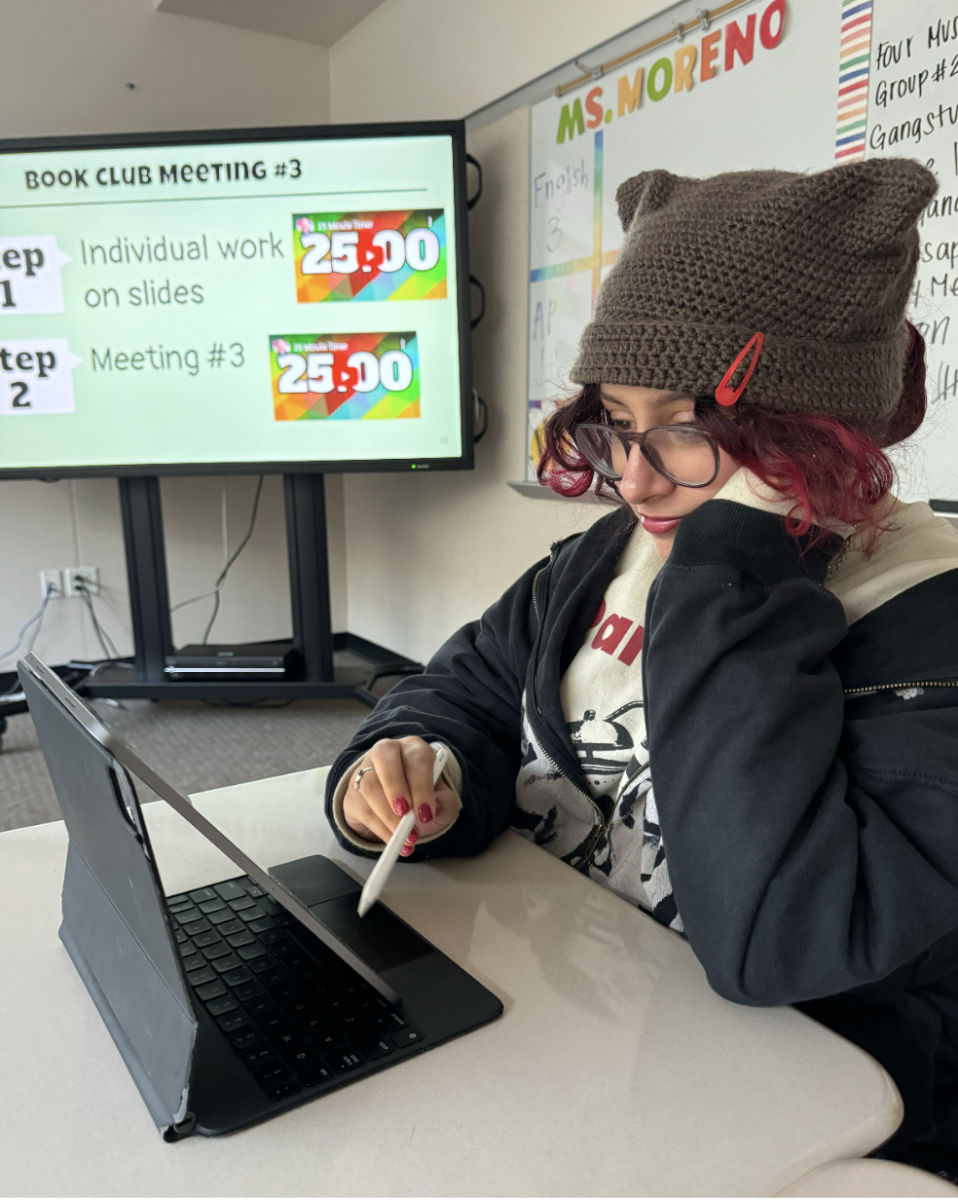Darkest Hour: A Harrowing Tale of Winston Churchill’s Ascendency
Joe Wright’s Golden Globe-winning tale of Winston Churchill’s rise to power as the British Prime Minister during World War Two, Darkest Hour, is two hours and five minutes of suspense and drama that will shock all but the most informed viewer. It follows the chain of events that led to Winston Churchill winning political support in Parliament.
The movie starts as Neville Chamberlain, portrayed by Ronald Pickup is forced to resign due to opposition in government. His party, the Conservatives, are forced to choose a replacement, and decide on Winston Churchill.
Viewers then follow his new assistant, played by Lily James, on her first day of work, a scene which effectively shows Churchill’s stringent standards for his secretaries. After Churchill learns that he has been chosen, he must convince Parliament that he should be their leader. Churchill faces a litany of challenges to his power, which are the main focus of the movie. The plot stays mostly faithful to the actual sequence of events, but the movie remains a drama rather than a documentary.
Along with the accuracy of the plot, the casting and costuming in the movie were nearly perfect and historically accurate King George VI, played by Ben Mendelsohn, looks just like the reluctant monarch and embodies the character down to the King’s famous stutter. While sparsely used, the motion graphics and special effects are also well done. Whenever a day passes in the movie, a massive counter on the screen changes with a satisfying click, which remind the viewer that the movie’s otherwise misleading pace did not happen in real time.
Admittedly, the movie is slow at times and it is often difficult to understand the characters due to their distinctive lisps or mumbling, so when it comes out on Netflix, closed captions will be a must. However, this is more than made up for by the powerful, emotional script. It was interesting to see how a bumbling, clumsy individual such as Churchill made his way to power in government.
Your donation will support the student journalists of Dublin High School. Your contribution will allow us to purchase equipment and cover our annual website hosting costs.

My name is Ari. I’m a senior this year and the layout editor at the Shield. Outside of school, I run cross country and do graphic design.









![[Book Review] Weapons of Math Destruction: The insidious danger of Big Data](https://thedublinshield.com/wp-content/uploads/2024/06/wmdsarticle-727x1200.jpg)















![[Book Review] Weapons of Math Destruction: The insidious danger of Big Data](https://thedublinshield.com/wp-content/uploads/2024/06/wmdsarticle-363x600.jpg)







